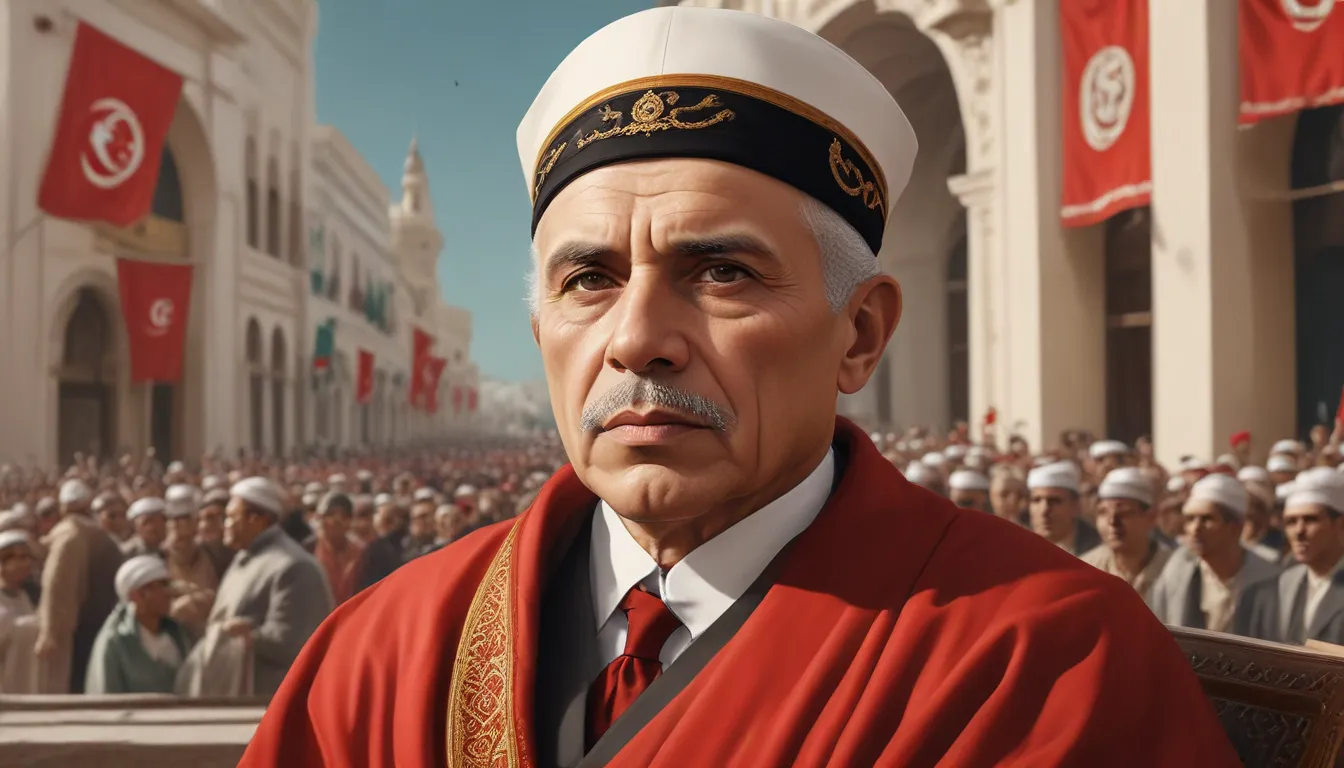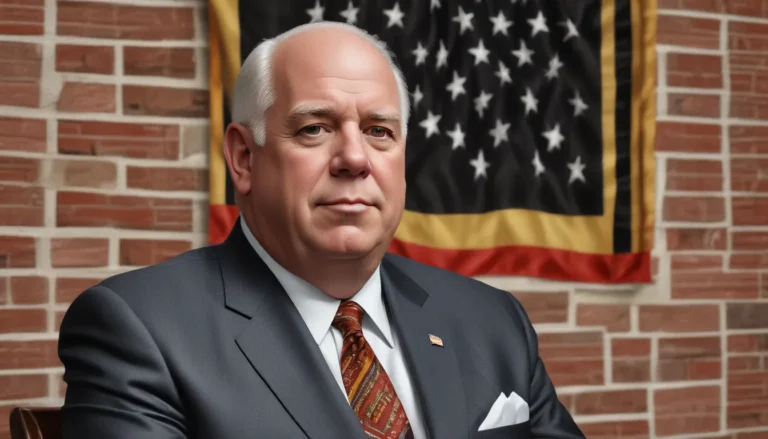The images in our articles may not match the content exactly. They are used to grab your attention, not to show the exact details in the text. The images complement the text but do not replace it.
Welcome to a journey through the life and accomplishments of Habib Bourguiba, the esteemed Tunisian leader who left an indelible mark on his country and the Arab world at large. From his pivotal role in Tunisia’s fight for independence to his groundbreaking policies on women’s rights and modernization, Bourguiba’s legacy continues to inspire and shape the identity of Tunisia. Join us as we explore 16 captivating facts that illuminate the enigmatic persona of this extraordinary leader and his enduring impact on Tunisian society.
The First President of Tunisia: Paving the Path to Independence
Habib Bourguiba, revered as the “Father of Tunisia,” rose to prominence as the first President of Tunisia, leading the country to gain independence from French colonial rule in 1956. His visionary leadership and commitment to modernizing Tunisia’s political, social, and economic systems earned him the respect and admiration of his people, laying the foundation for a new era of progress and innovation in the nation.
Championing Women’s Rights and Social Reforms
One of Bourguiba’s most significant contributions was his unwavering commitment to advancing women’s rights in Tunisia. Through progressive reforms, he granted women access to education, employment opportunities, and reproductive rights, paving the way for gender equality and empowerment in Tunisian society. Bourguiba’s policies focused on secularism and modernization, advocating for the separation of religion and state while embracing Western values and practices to propel Tunisia forward.
Economic Equality and Education Advancements
In addition to his efforts in promoting social reforms, Bourguiba implemented land reforms to redistribute wealth among the Tunisian population, aiming to address economic disparities and foster economic equality. Under his leadership, Tunisia experienced significant advancements in its education system, with a focus on improving literacy rates and enhancing access to quality education for all citizens.
Influential Voice in Arab Nationalism
Bourguiba’s impact extended beyond Tunisia, as he emerged as a prominent voice in Arab nationalism, advocating for pan-Arab unity and collaboration among Arab nations. His charisma and powerful oratory skills captivated audiences and galvanized support for his vision of a united and prosperous Arab world, earning him respect on the international stage.
Overcoming Challenges and Leaving a Lasting Legacy
Despite facing opposition and challenges during his presidency, Bourguiba’s legacy as a charismatic leader and advocate for progressive policies endures, shaping Tunisia’s identity and inspiring future generations to strive for progress and innovation. His contributions to healthcare reforms, urban planning, and cultural preservation have left an indelible mark on Tunisian society, showcasing his enduring impact on the country’s development and progress.
Unraveling the Enigmatic Persona of Habib Bourguiba
In delving deeper into Bourguiba’s life and achievements, we uncover fascinating facts that shed light on his leadership style, personal life, and cultural influences. From his role in Tunisia’s fight for independence to his lasting impact on education, women’s rights, and economic development, Bourguiba’s legacy is a testament to the transformative power of progressive ideas and visionary leadership.
FAQs: Unveiling the Legacy of Habib Bourguiba
- Who was Habib Bourguiba?
-
Habib Bourguiba was the first President of Tunisia, known for his pivotal role in leading the country to independence and championing progressive reforms in women’s rights, education, and healthcare.
-
What were some of Bourguiba’s major achievements?
-
Bourguiba is celebrated for his contributions to promoting women’s rights, implementing land reforms, and advancing Tunisia’s education system, among other progressive policies that shaped the country’s development.
-
How did Bourguiba impact Tunisia’s society?
-
Bourguiba had a profound influence on Tunisian society, advocating for secularism, promoting women’s empowerment, and modernizing the country’s social and economic systems to drive progress and innovation.
-
What was Bourguiba’s role in Tunisia’s fight for independence?
-
Bourguiba played a pivotal role in the Tunisian independence movement, co-founding the Neo Destour Party and leading anti-colonial protests that ultimately led to the end of French colonial rule in Tunisia.
-
What was the significance of Bourguiba’s presidency?
- As the first President of Tunisia, Bourguiba implemented transformative reforms that shaped the country’s trajectory, fostering progress and modernization in areas such as healthcare, education, and cultural preservation.
In conclusion, Habib Bourguiba’s legacy as a visionary leader and advocate for progressive reforms continues to inspire and shape Tunisia’s identity, reflecting the transformative power of his ideas and the enduring impact of his leadership. From his early activism to his presidency, Bourguiba’s journey through Tunisian history is a testament to the resilience and innovation that define his legacy.






